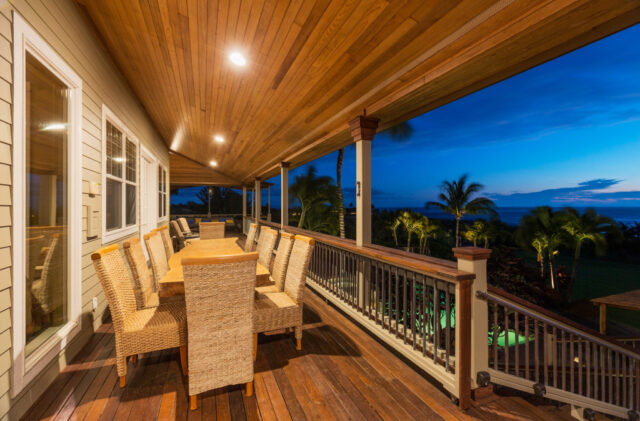Are you considering buying a foreclosure property? While purchasing a foreclosed home can offer potential cost savings and investment opportunities, it’s essential to approach the process with caution and thorough due diligence. To ensure a successful transaction and avoid potential pitfalls, it’s crucial to ask the right questions and gather relevant information. Lita Epstein, MBA, has a great list of 250 questions to ask when buying a foreclosure. We’ve abridged this to include what we felt were the top 30 questions. In this guide, we’ll explore the key questions to ask when buying a foreclosure property, empowering you to make informed decisions and navigate the foreclosure market effectively.
Understanding the Foreclosure Process:
Before diving into the questions, let’s briefly review the foreclosure process to provide context:
- Pre-Foreclosure: This phase occurs when a homeowner defaults on their mortgage payments, leading to a potential foreclosure. During this period, the property may be listed as a short sale.
- Auction: If the homeowner fails to resolve the default, the property may be auctioned off at a foreclosure auction. Properties sold at auction are typically sold “as-is,” with no opportunity for inspection.
- Real Estate Owned (REO): If the property does not sell at auction, it becomes bank-owned or REO (Real Estate Owned). REO properties are typically listed for sale by banks or lenders.
Now, let’s delve into the questions to ask when buying a foreclosure property:
Questions About the Property:
- What is the property’s current condition?
- Are there any known issues or defects with the property?
- Has the property been vacant, and if so, for how long?
- Are there any outstanding liens or encumbrances on the property?
- Has the property undergone any recent renovations or repairs?
- What is the property’s history, including previous sales and ownership?
- Are there any restrictions or limitations on the property’s use or occupancy?
- Are there any environmental concerns or hazards associated with the property?
Questions About the Sale Process:
- What is the asking price for the property?
- Is the property being sold through a traditional sale, auction, or REO listing?
- Are there any additional fees or costs associated with the purchase?
- What is the timeline for closing on the property?
- Are there any special considerations or requirements for purchasing a foreclosure property?
- What is the bank or lender’s preferred method of payment and financing?
- Is there a possibility of negotiating the price or terms of the sale?
Questions About Financing and Legal Considerations:
- What financing options are available for purchasing a foreclosure property?
- Are there any restrictions on financing due to the property’s condition or status?
- Will the lender provide financing for the purchase, or do I need to secure financing independently?
- Are there any legal risks or implications associated with purchasing a foreclosure property?
- Do I need to consult with a real estate attorney or legal expert before proceeding with the purchase?
Questions About Due Diligence and Inspections:
- Can I conduct a thorough inspection of the property before making an offer?
- Are there any restrictions or limitations on the inspection process?
- What types of inspections are recommended for a foreclosure property?
- Can I obtain a title search or title insurance to ensure clear ownership?
- Are there any disclosures or documentation available regarding the property’s condition or history?
Questions About Potential Risks and Future Considerations:
- What are the potential risks or drawbacks of purchasing a foreclosure property?
- Are there any restrictions on reselling or renting out the property in the future?
- What are the market conditions and trends in the area where the property is located?
- Are there any upcoming developments or projects that could impact the property’s value?
- What are the long-term investment prospects and potential returns for the property?
Conclusion:
Buying a foreclosure property can be a rewarding venture, but it requires careful consideration and thorough due diligence. By asking the right questions and seeking expert guidance, you can mitigate risks and maximize opportunities when purchasing a foreclosure property. Whether you’re a first-time buyer or an experienced investor, arming yourself with knowledge and information is key to making sound investment decisions in the foreclosure market. If you’re ready to explore foreclosure properties, consult with a knowledgeable real estate professional who can provide valuable insights and guidance tailored to your needs and goals.








